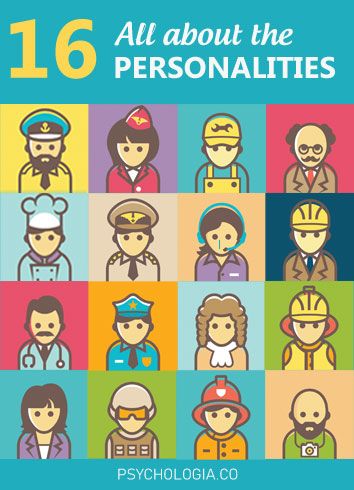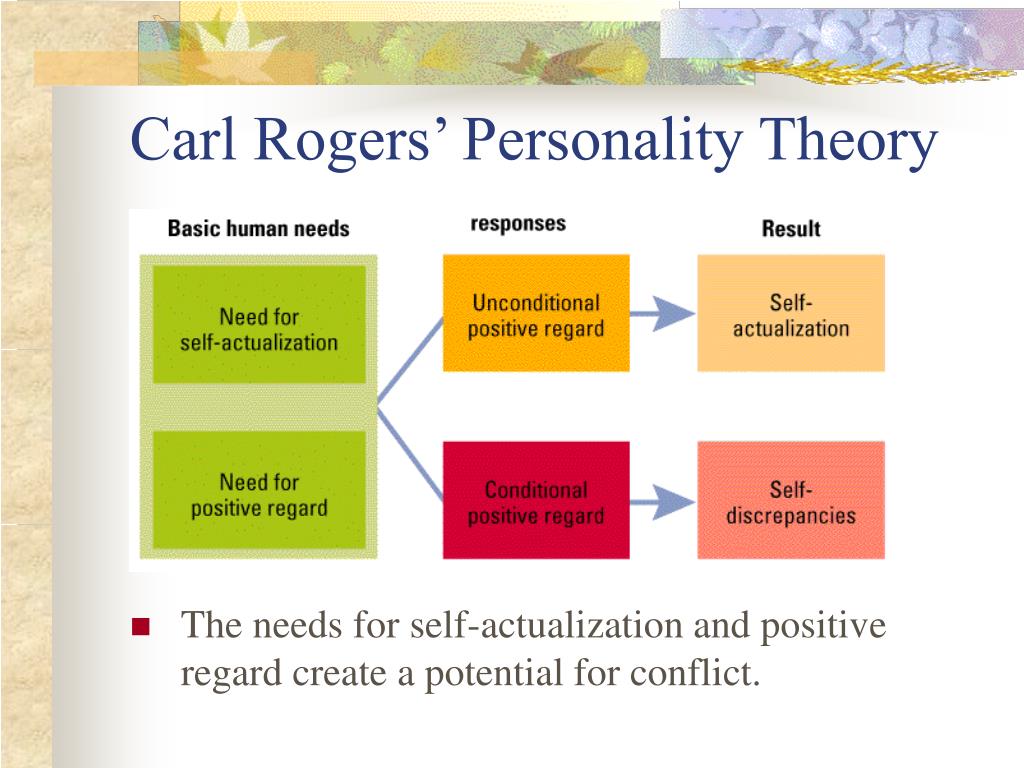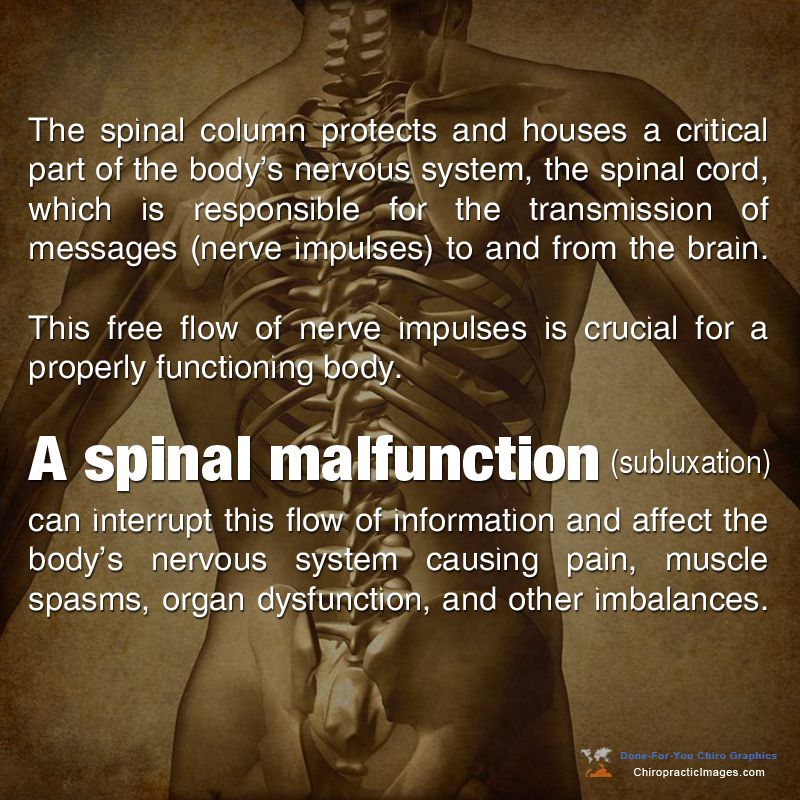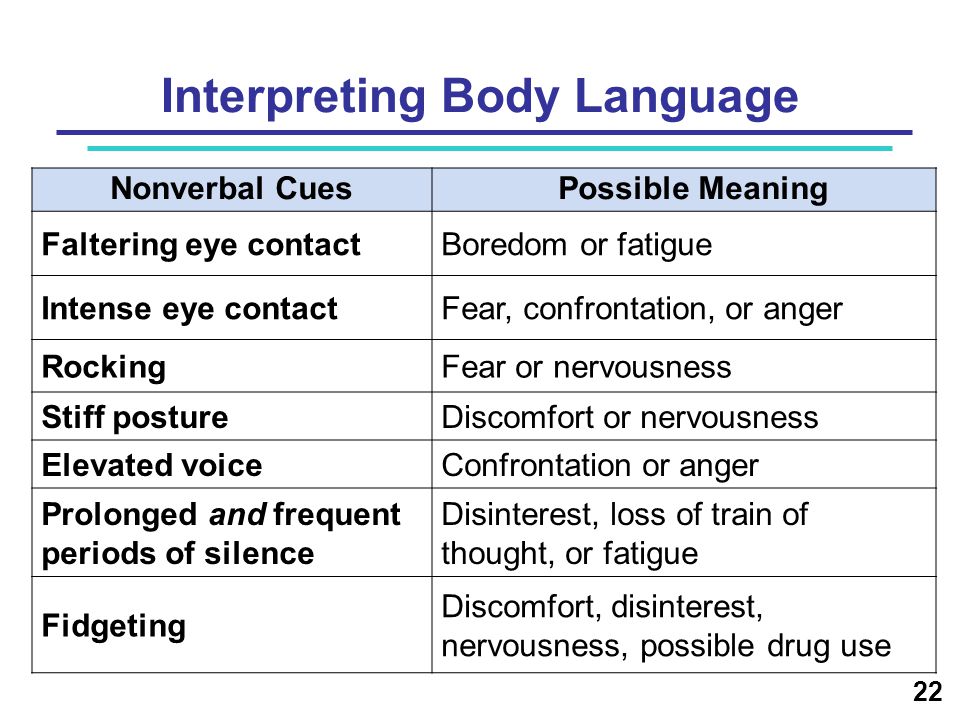Examples of unmanageability in addiction
Signs That Your Life Has Become Unmanageable Due To Alcoholism and Addiction
Renascent Staff |
Step One in the 12 step program of AA (which is also used, in modified form, for almost all other 12-step fellowships and programs) is actually a two-part step. The first part of Step 1 is an admission of powerlessness over the drug of choice. Though there is much debate about what constitutes ‘powerlessness’, one can say it simply means that the individual cannot control their intake of the drug or alcohol. They will, over time, always over-use and abuse the substance. Because many addicts and alcoholics have had the experience of not being able to stop drinking or using even when they desperately want to get clean, some find it very easy to admit to powerlessness over their addiction.
The second part of Step 1 can be trickier for many to see: Unmanageability. Because denial is one of the main characteristics of addiction, many aren’t even aware how unmanageable their life has become; it just seems normal to juggle creditors, tell lies, hide the habit, engage in criminal behaviour, avoid family members…anyone can increase the list. Everyone likes to think that they have a handle on their own affairs and everyone has become accustomed to their own coping strategies, even those that cause a great deal of suffering. But in order to proceed with the rest of the 12 steps, an addict has to admit that their life has become unmanageable.
Here are some signs that your life has become unmanageable due to alcoholism and addiction.
- 1. You can’t wait to leave work, not to see your family or have dinner, but to have a drink.
- 2. You’re sleeping badly and feeling unwell, and vow to stop partying, but find yourself at a party every night of the week; lying to others has turned into lying to yourself.
- 3. You’re reluctant to attend family functions or any other social obligations where drinking will not be part of the agenda.
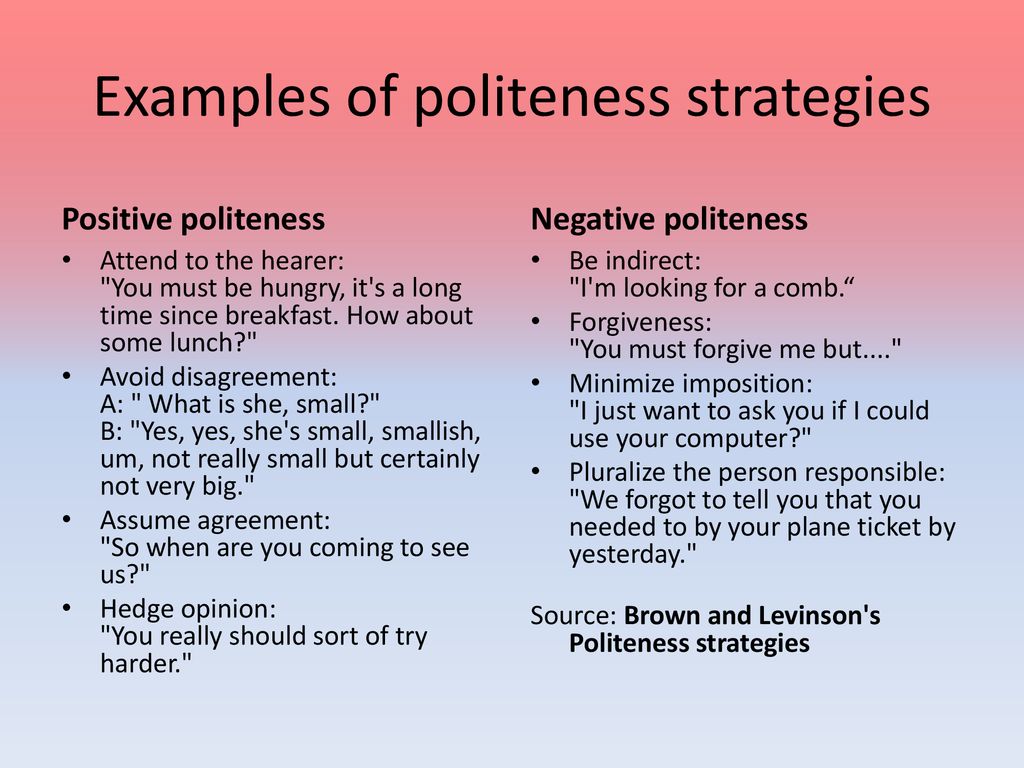
- 4. You are able to drink or use drugs recreationally for a little while, but eventually you always slip back into destructive habits.
- 5. You go out intending to drink or use a set amount but find that when you run out, you need more, and will do virtually whatever is necessary to get it.
- 6. You’ve done something you would never otherwise do, while under the influence, such as engage in risky sexual behaviour, domestic violence, or driving while intoxicated.
- 7. You are neglecting household duties like laundry and dirty dishes; you’re sending the kids to school without a proper lunch because you have other priorities.
- 8. You’re struggling to hold a job or bouncing from job to job as your lateness, absenteeism and attitude worsen as a result of your addiction.
- 9. You struggle to pay bills on time, and may even wind up couch surfing between apartments.
- 10. You don’t eat a proper diet, sleep irregularly or too much/not enough, and don’t take care of physical hygiene the way you used to.

- 11. Your relationships and friendships have begun to suffer as a result of your addiction. Perhaps you have formed new ones with people who don’t care because they are even deeper into their own addictions than you are.
- 12. You feel moody, irritated, anxious or depressed, or a combination of all three. This leads you to isolate and take solace even further in drugs and/or alcohol.
Unmanageability may be more than a symptom of addiction; it can be the reason we self-medicate in the first place. If you feel that you’re losing control over your own life, there is a place you can go to learn the tools to live life on life’s terms. Call Renascent for a consultation today.
About the Authors
Renascent Staff
The staff at Renascent is passionate about helping people with substance addictions so they can reach their full recovery – with compassion, respect, empathy and understanding.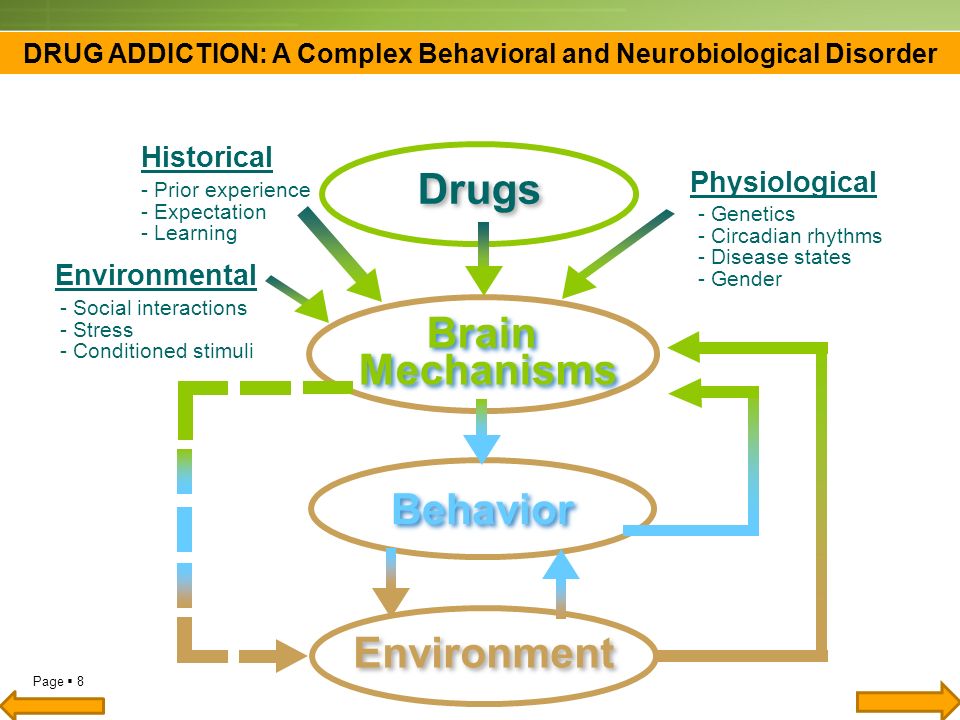 Our staff includes our counsellors, all of whom have lived experience of addiction and recovery.
Our staff includes our counsellors, all of whom have lived experience of addiction and recovery.
Alcoholics Anonymous Unmanageability List
The first step of Alcoholics Anonymous states, “We admitted we were powerless over alcohol and that our lives had become unmanageable.”
Unmanageable is only printed once in the first 164 pages of the Big Book of Alcoholics Anonymous, which in the first step. It’s left many people to interpret what unmanageable means in the book. In the rooms of Alcoholics Anonymus, there are several different viewpoints that you can hear about unmanageability.
You can take what you want from these three viewpoints that we share.
Even though unmanageable is printed only once, manage is in the book three times:
Page 6:
As the whisky rose to my head I told myself I would manage better next time, but I might as well get good and drunk then. And I did.
Page 60:
That we were alcoholic and could not manage our own lives.
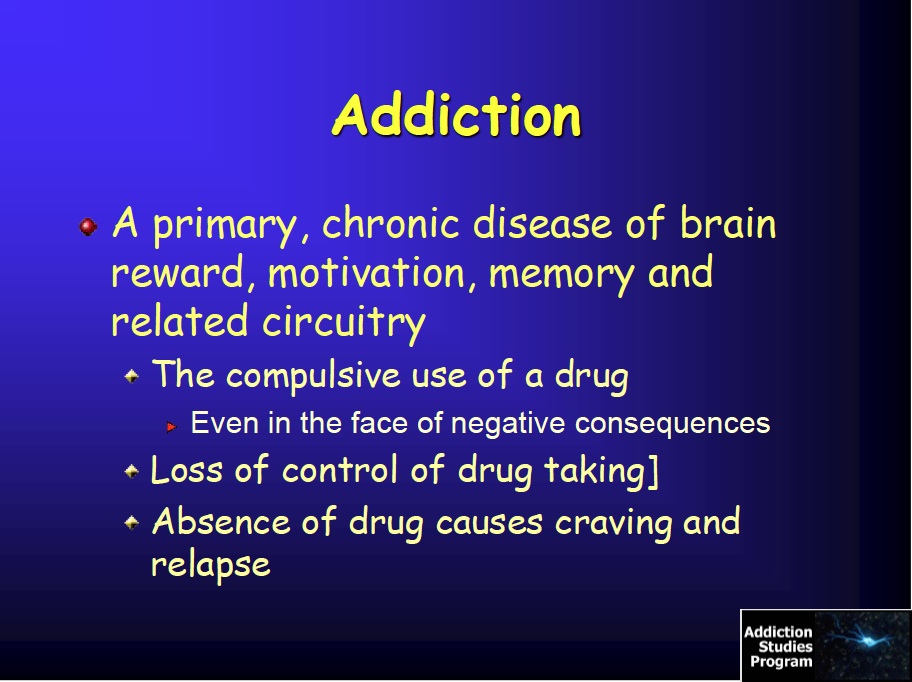
Page 61:
Is he not a victim of the delusion that he can wrest satisfaction and happiness out of this world if he only manages well?
Unable to Manage Drinking
A.A. groups have said that unmanageable means alcoholics cannot manage the decision to stay stopped. They are going to drink no matter what. When they start, they will do way more than they intended and when they stop, they will eventually start again.
This is a fact about alcoholism. If you have it, then your mind is going to trick you to think you can control and enjoy your drinking like a normal person.
For real alcoholics, if you are enjoying your drinking, you are most likely not controlling it; and if you are controlling your drinking, you most likely are not enjoying it.
Life has Become Unmanageable
Newcomers often are asked how was their life unmanageable.
They will reply by saying things like, they have a DUI, they have relationship problems, career problems, and financial problems.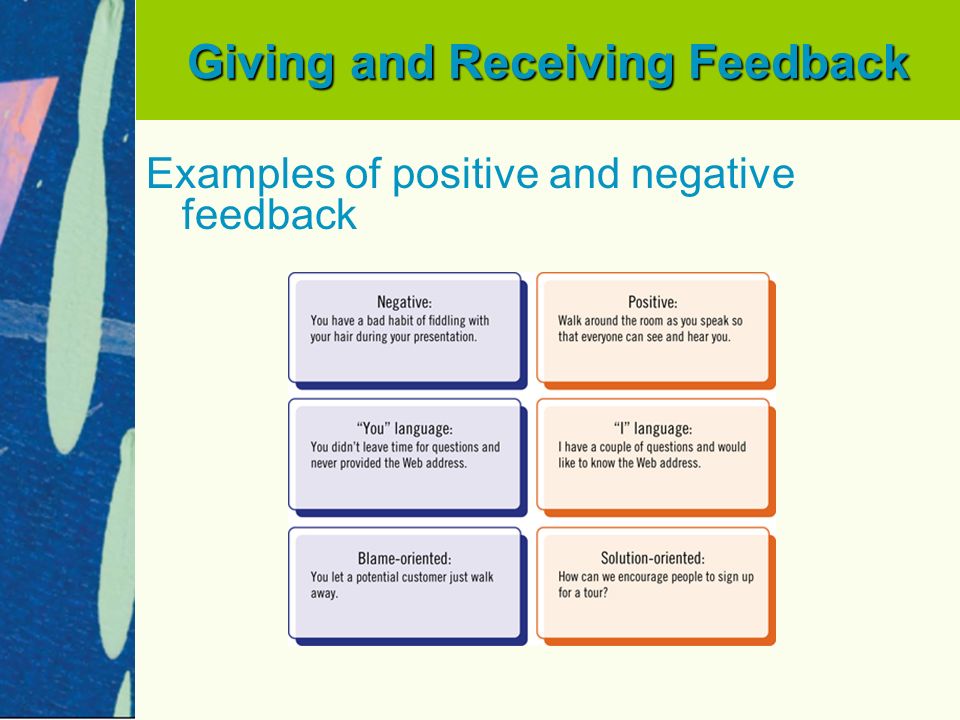 And all of these are true. A newcomer’s life is unmanageable.
And all of these are true. A newcomer’s life is unmanageable.
It is difficult to manage all the different problems drinking has caused, especially after a major consequence from a spree.
Unable to Manage My Feelings
The Big Book points to a spiritual malady the alcoholic has and cannot get rid of unless they have a spiritual experience through the 12 step program.
With this spiritual malady comes restlessness, irritability, and discontentedness. These feelings are brought on after we wake up from a spree with many consequences and are ready to stop drinking or using for good.
Soon, however, these restless feelings come up and they are truly unmanageable. Frothy emotional appeal seldom suffices; family members cannot stop the feelings, gratitude lists, exercise. You name it, it will not stop this feeling of restlessness and discomfort from surfacing.
Soon the alcoholic won’t be able to stop drinking.
Treatment centers that do not incorporate the tools in the recovery process to combat restlessness, irritability, and discontentedness most likely will not work for the chronic alcoholic or someone with substance use disorder.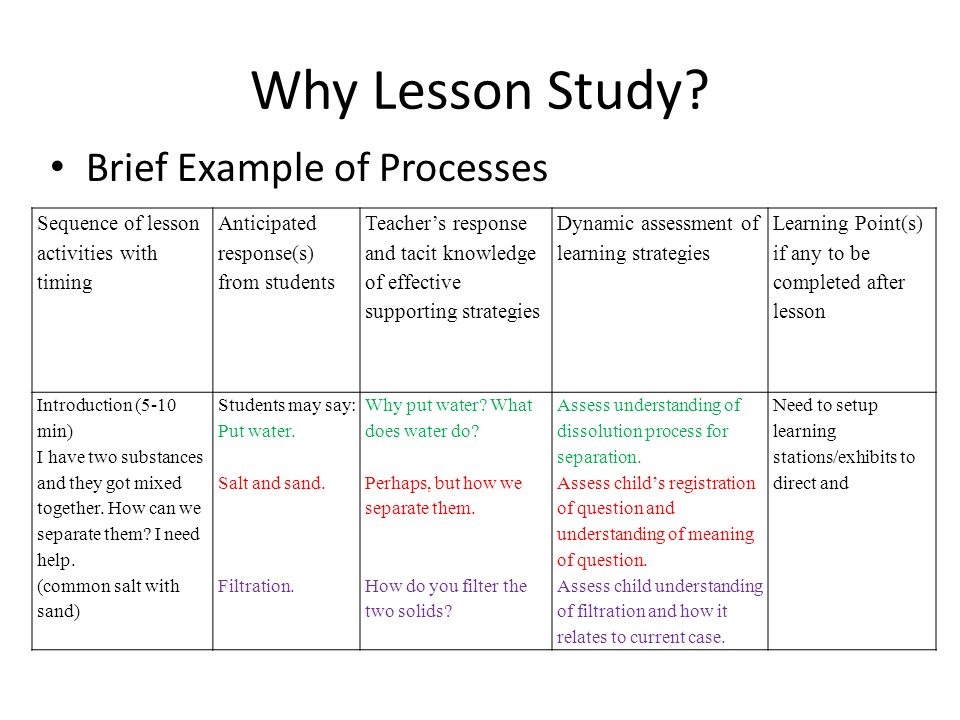
Powerlessness and Unmanageability
When it pertains to alcohol abuse and substance abuse, you could list many ways that it has become unmanageable.
Even though it is the thing that causes most of the unmanageability, alcohol, and drugs are our only relief. Usually, in this case, alcohol or addiction recovery is needed.
Get Help
If you or a family member needs help getting sober, then call our admissions staff for more information.
Uncontrollable. How uncontrollability manifests itself in life
neupravlThis lecture is devoted to the second part of the First Step of the Program, which will deal with the loss of control over life. The loss of control is clearly visible when an addict in a state of intoxication does things that he would not do when sober, or does not fulfill his plans, obligations and promises. These can be both terrible and dangerous acts (for example, accidents), and quite ordinary ones (fell asleep with a cigarette).
Introduction.
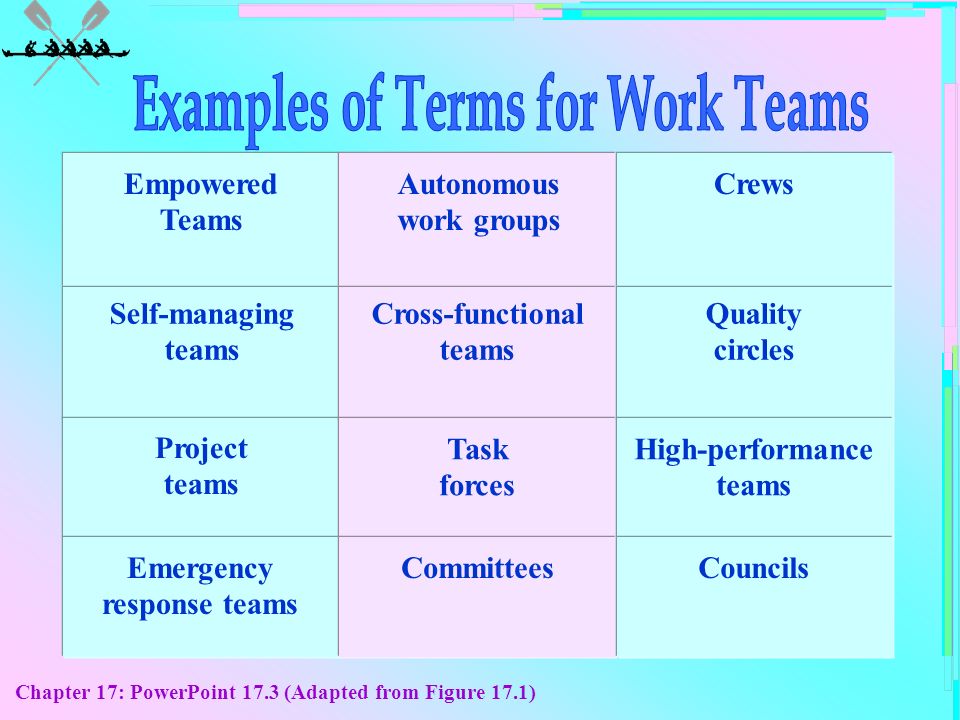
Loss of control concerns not only behavior, but all aspects of life. With the development of the disease, the addict loses control over all spheres of life, without noticing it, without giving himself an account of it.
Perhaps this lecture will help you to feel more deeply the First Step - the most difficult part of it, regarding uncontrollability.
Uncontrollability in the spheres of life.
Next, we will consider how uncontrollability manifests itself in various spheres of life - in specific events and in qualitative changes in life in general.
-
Physical uncontrollability or loss of control over the body.
In a person under the influence of drugs and alcohol, normal reactions slow down and become less accurate, errors occur in stereotyped actions. The most rapidly impaired coordination of movements, which is manifested in gait, inaccurate movements, slurred speech. The sense of space and time is lost, vision narrows, color vision is distorted.
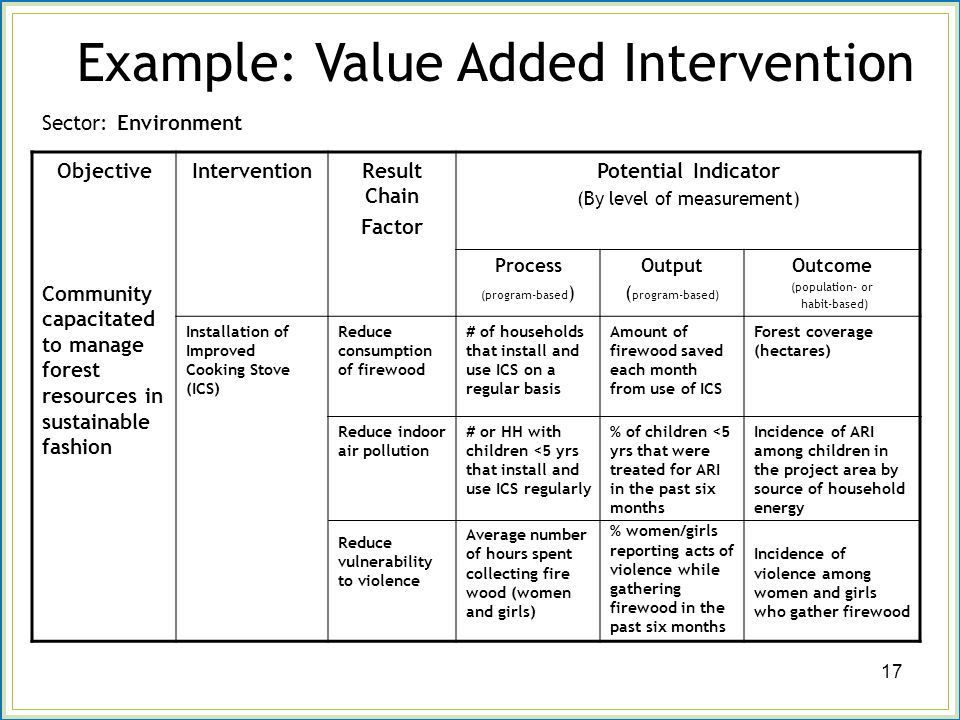
Examples of physical uncontrollability include: missing the keyhole, falling, moving on autopilot, sleep problems, weight changes, etc.
What happens to the body and health as chemical dependence develops? Chemical dependence is a primary disease, that is, no other disease in most cases is the cause of chemical dependence. But drug addiction itself gives rise to a whole range of diseases and affects the digestive, cardiovascular, immune, nervous and other systems of the body. The liver, heart suffers, gastritis occurs, etc. nervous system disorders include: withdrawal symptoms, memory lapses, delusions, sleep problems…
The drug enters the metabolism and, on the one hand, poisons and destroys the body, and on the other hand, the body simply cannot work without it.
-
Financial uncontrollability.
This area of life, in which it is very easy to see uncontrollability. Loss of things in a state of intoxication, the sale of things both one's own and others', equipment taken out of the house, gold, constant getting into debt - and still there is not enough money.
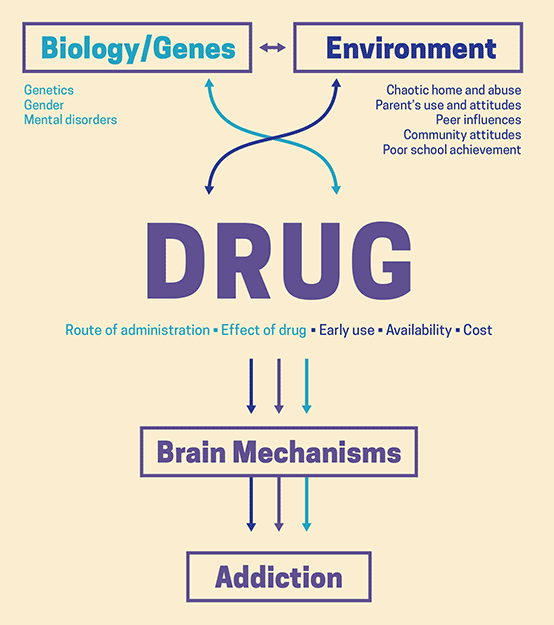 Loss of work, education, missed opportunities.
Loss of work, education, missed opportunities. Throw in the cost of drugs, possible payoffs from the police, and the cost of treatment, and you'll see how much your use is costing you.
-
Uncontrollability in business and education.
This is primarily a deterioration in the quality of work or study, absenteeism and lateness, making wrong decisions. Careless or even simply neglecting one's household duties.
Meetings that are important to you fail because you either don't have the strength, or you rush about looking for drugs, or you simply forget about them in a state of intoxication.
Social degradation occurs at different speeds, but it is inevitable, because the drug simply does not leave you time and desire for anything else but it.
-
Uncontrollability in the social sphere (in communication with people).
First, let's see how your social circle has changed. Do you hang out with your old friends if they don't use drugs? Which of your previous interests and hobbies do you continue to pursue? And who or what was sacrificed for the sake of consumption?
This type of uncontrollability includes quarrels and scandals with friends, avoiding them, and especially from those who condemn your addiction to drugs or try to interfere with you.
 Getting into the police, unusual or aggressive behavior.
Getting into the police, unusual or aggressive behavior. In a broad sense, with the development of the disease, any person's social circle changes: sober people are "washed out" and replaced by the same users. A person begins to avoid companies where there are no drugs, and even more so those people who are judgmental or directly or indirectly try to prevent the use. Interest in former hobbies leaves, they simply become unnecessary.
Often the attitude towards people becomes arrogant, dismissive. Moreover, if at the beginning of use it is caused by a certain feeling of superiority, a feeling of possessing a “forbidden” knowledge that is inaccessible to others, then later it is a kind of compensation for a feeling of inferiority that is in the depths of the soul.
A chemically dependent person surrounds himself with the same sick people so tightly that he does not see others and begins to think that the whole world is like that.
-
Uncontrollability in family life.

Uncontrollability in family life is often mentioned by chemically addicted people and much less willingly than by others. This is understandable, since during the illness they cause a lot of pain to their loved ones. Family relationships are also destroyed.
In the family sphere, ungovernability refers to the failure to fulfill promises and obligations given to a wife, husband or parents. Insults and scandals or just an indifferent attitude towards their relatives. Deception, blackmail and extortion of money for drugs. Even if all this is not there, drug addiction of one, one way or another, affects all family members.
Intimacy, trust, a sense of security and safety are gone. Resentment, anger and fear accumulate. Perhaps your family abandoned you or kicked you out of the house. Or your loved ones began to be ashamed of you. Your family may have gone into debt to pay for your use or treatment. People become strangers and hostile to each other.
The wall of alienation is getting thicker and there comes a time when family members feel hopeless to restore anything.
 The family is falling apart. Quite rarely among dependent people there are people who still have a family.
The family is falling apart. Quite rarely among dependent people there are people who still have a family. -
Emotional uncontrollability.
With the development of the disease in chemically dependent people, the emotions seem to be "loose" and become too strong compared to the impact in response to which they arise. If in a state of intoxication the main feeling is peace, more like indifference, then in the absence of a drug - increased irritability, reaching aggression, or despair. (PENDULUM OF FEELINGS)
Emotions often outstrip the intellect, and the chemically addict acts impulsively at first, and then is forced to defend himself against feelings of guilt. As a result, unpleasant feelings are intensified, and life in the perception of the patient becomes even blacker. (SCHEME use - guilt - use) In addition, the number of generally experienced emotions is noticeably reduced.
-
Spiritual uncontrollability.
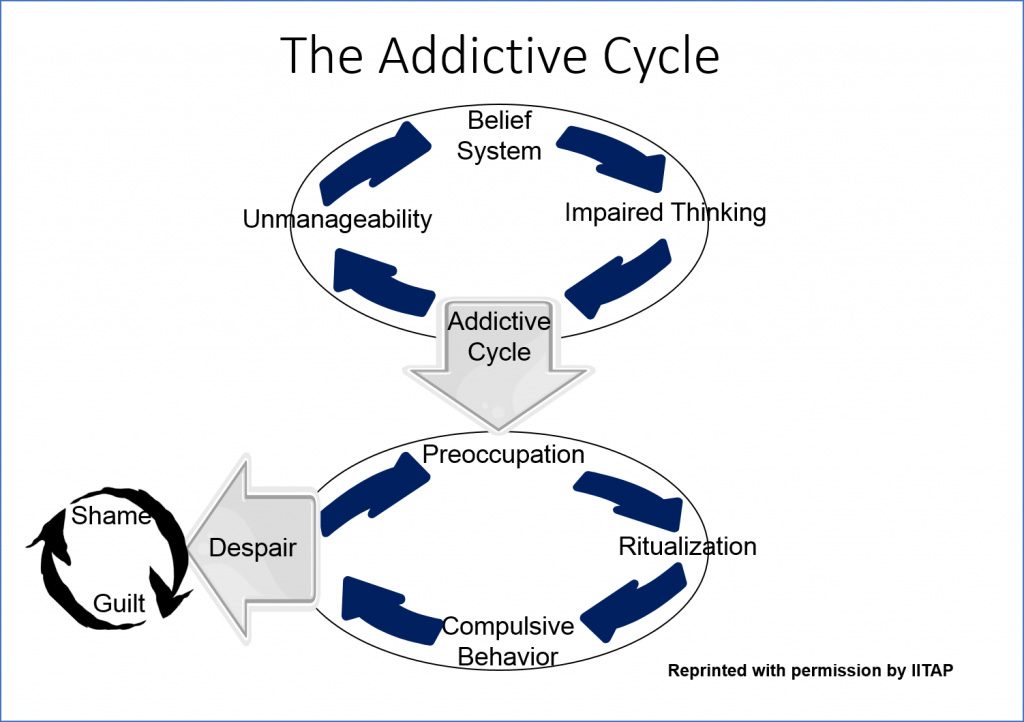
Spiritually, the main suffering of a chemically addicted person is that he betrays himself by committing acts that do not correspond to his personal moral standards. And the worst thing is that over time, these norms are decreasing.
In the broad sense of the word, faith, hope, and love are leaving life. The emotional background becomes bleak, negative thinking is formed. A person feels himself “bad”, “sinner”, and the world of people around him also feels bad and hostile.
Thus, all areas of the life of a chemically dependent person suffer. More and more of life is controlled by the drug and subject to use.
Conclusion.
"A drug addict is a person whose addiction to drugs causes constant and increasing problems in any area of life."
24/7 ANONYMOUS | AVAILABLE
CALL NOW
8(800)707-11-75
YOU ARE NOT ALONE!
WE UNDERSTAND YOU
WE WILL CONVINCE TO TREAT
EMERGENCY DEPENDENCE BLOCK
24/7 / ANONYMOUS / FREE
CALL NOW! 8(800)707-11-75
SEND REQUEST
REQUEST A CALL
Lecture - Step One and Out of Control
This lecture is about the second part of the first step of the Alcoholics Anonymous Program, which deals with the loss of control over life.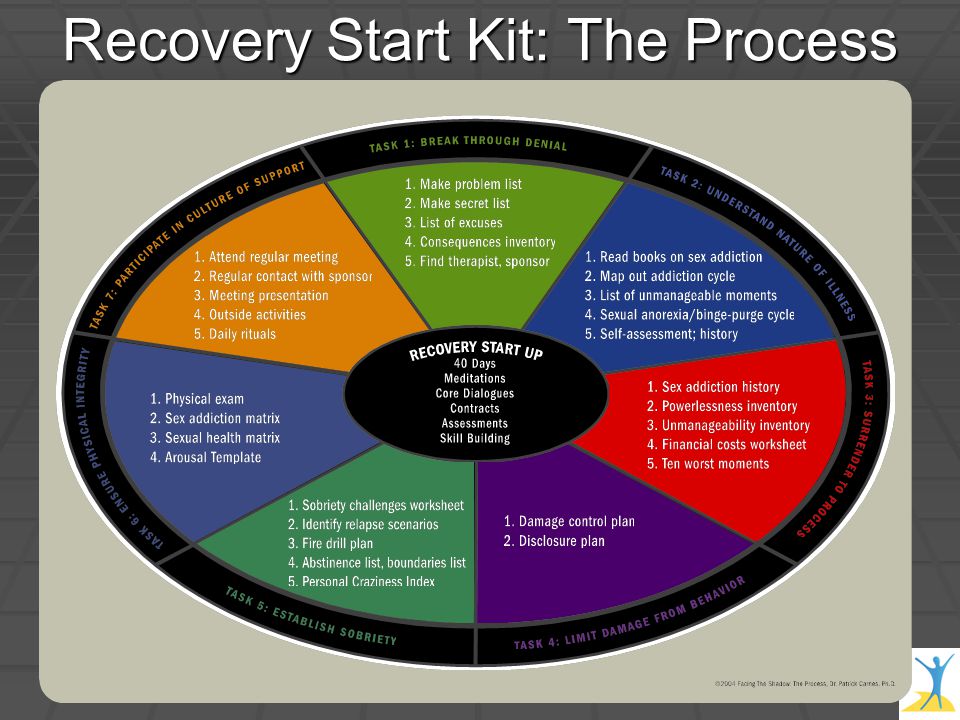 This loss of control is clearly seen when an alcoholic in a state of intoxication does things that a sober person would not do; or does not fulfill his plans, conceived on a sober head. It is not necessarily something terrible when a person climbs from balcony to balcony at the height of the seventh floor for a bottle. It can be something very ordinary: being sober, the alcoholic intended to bring potatoes home in the evening, but got drunk and did not bring them. Both of these examples illustrate the loss of control over one's behavior.
This loss of control is clearly seen when an alcoholic in a state of intoxication does things that a sober person would not do; or does not fulfill his plans, conceived on a sober head. It is not necessarily something terrible when a person climbs from balcony to balcony at the height of the seventh floor for a bottle. It can be something very ordinary: being sober, the alcoholic intended to bring potatoes home in the evening, but got drunk and did not bring them. Both of these examples illustrate the loss of control over one's behavior.
“We admitted that we were powerless over alcohol, that our life had become unmanageable”
Introduction
in this report. Perhaps this lecture will help some chemically addicted people to recognize this loss of control over their lives, and thereby take Step I of the Program deeper.
Next, we invite you to consider how uncontrollability manifests itself in various areas of life - in specific events and in qualitative changes in life in general in patients with chemical dependence.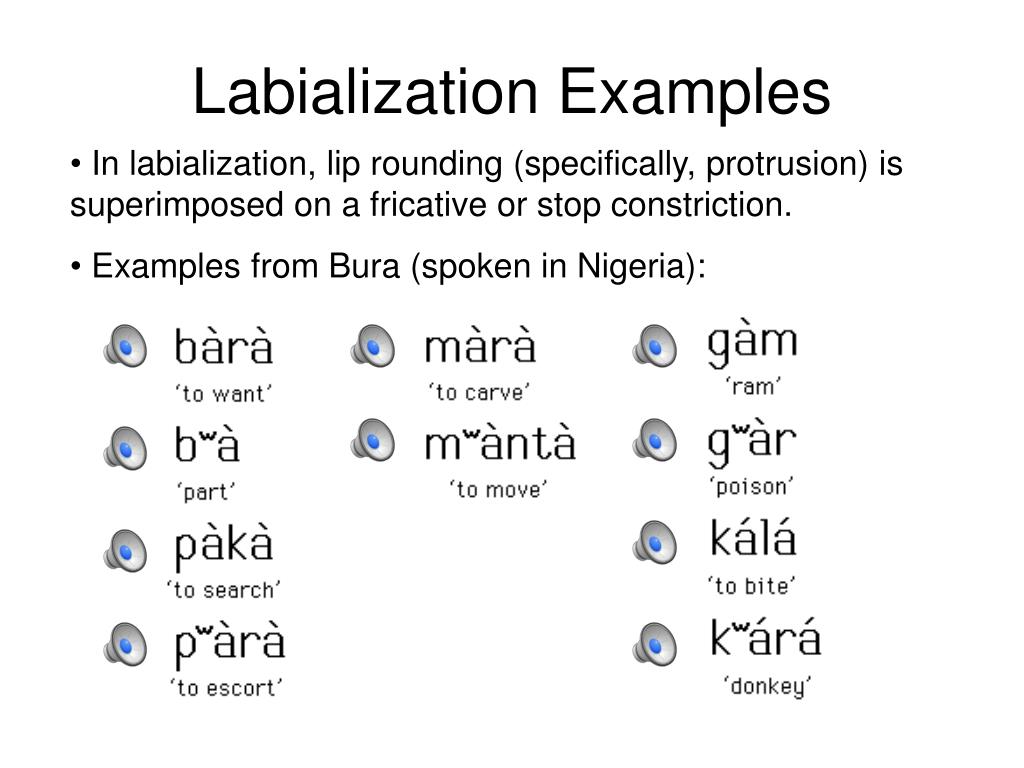
Physical uncontrollability or loss of control over the body
A person under the influence of alcohol slows down and becomes less accurate normal reactions; errors occur in stereotyped actions. First of all, coordination of movements is disturbed, which is manifested in an uncertain gait, inaccuracies in other movements, and slurred speech. The “sense of space” is lost, the field of view narrows, color vision is distorted.
Examples of physical uncontrollability can be: missing the key in the keyhole, unintentionally breaking dishes, falling, inability to get up from a sitting or lying position, moving "on autopilot".
The following anecdote illustrates physical uncontrollability. One drunk asks another: "How many moons are there in the sky?" "Which row?"
And what happens to the body and health with the development of alcoholism? Alcoholism is a primary disease, i.e. nothing else is the cause of alcoholism. But alcoholism itself gives rise to a whole range of diseases and affects the digestive, cardiovascular, immune, nervous and other systems of the body.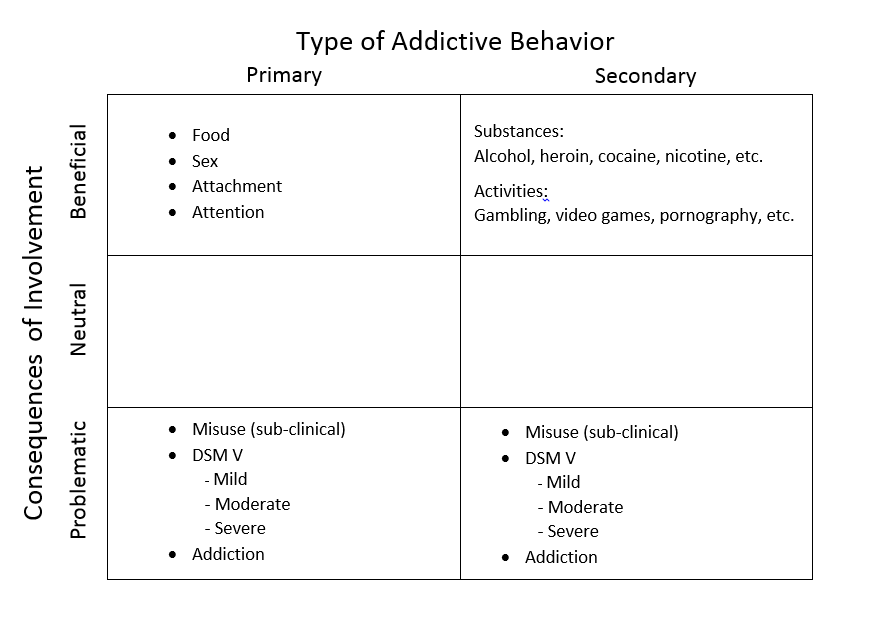 In patients with chemical dependence, liver diseases, gastritis, peptic ulcer disease are frequent, and alcohol damage to the heart develops. Alcoholic lesions of the nervous system include: withdrawal syndrome, delirium with hallucinations and convulsions, polyneuropathy, alcoholic epileptic seizures, etc. Sleep is disturbed, and the person has difficulty falling asleep, or sleep becomes intermittent; frequent nightmares. As the disease progresses, some develop impotence or early ejaculation.
In patients with chemical dependence, liver diseases, gastritis, peptic ulcer disease are frequent, and alcohol damage to the heart develops. Alcoholic lesions of the nervous system include: withdrawal syndrome, delirium with hallucinations and convulsions, polyneuropathy, alcoholic epileptic seizures, etc. Sleep is disturbed, and the person has difficulty falling asleep, or sleep becomes intermittent; frequent nightmares. As the disease progresses, some develop impotence or early ejaculation.
Financial uncontrollability.
This is an area of life that addicted people talk about quite easily. It is not difficult for many to confess to the loss of an umbrella or hat while intoxicated. And the fact that, getting drunk themselves, they still drink a whole company, many boast. Intoxicated, people often spoil or sell clothes, things, make debts, spend money that was intended for other purposes, make unplanned gifts.
In order to compensate for the losses that have occurred in drunkenness, an alcoholic in light periods does unfinished work, earns money, fulfills unfulfilled obligations. Because of this, life becomes spasmodic: in sobriety - the pursuit of achievements, patching holes, "laundering" from feelings of guilt; then satisfaction with the results and "legitimate" drinking - "reward", which negates the efforts of the sober period.
Because of this, life becomes spasmodic: in sobriety - the pursuit of achievements, patching holes, "laundering" from feelings of guilt; then satisfaction with the results and "legitimate" drinking - "reward", which negates the efforts of the sober period.
As the disease progresses, the addict stops planning the budget, the material side of his family's life. Most of what you earn is spent on drink.
At the middle stage of the development of alcoholism, the patient can often still provide his family with a standard of living accepted in his social stratum, but sometimes there is no money at all, and the family is in a fever.
Uncontrollability in business and education.
This is, first of all, deterioration in the quality of work, failure to fulfill duties, postponing things, making wrong decisions, being late, and, finally, absenteeism. Perhaps, in order to cover absenteeism, the alcoholic bought a sick leave or came up with a very good excuse: a pipe burst or a mother-in-law died - the essence of the matter does not change from this.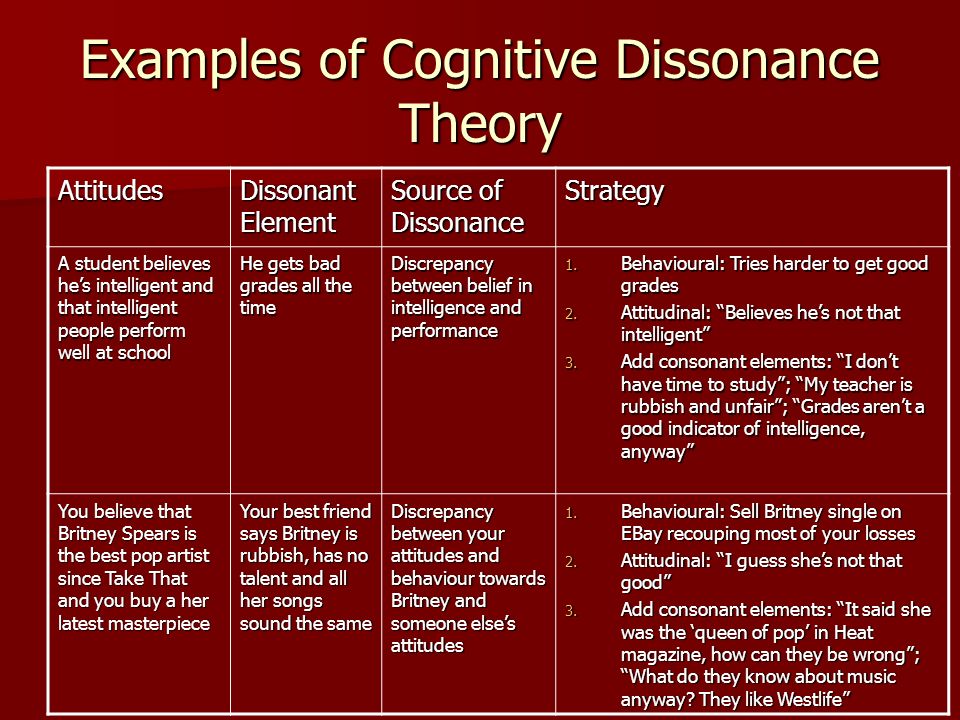
What happens in the grand scheme of things? Lack of promotion or loss of job in the specialty, and sliding down the social ladder. This is a lack of education (expelled from some course of an educational institution) or a lack of professional growth, and, consequently, professional degradation.
Uncontrollability in the social sphere (in communication with people).
This type of uncontrollability includes incidents with employees at work, quarrels with friends and acquaintances, unusual and unexpected behavior, getting into the police and a medical sobering-up station. This is an aggressive and intrusive type of communication, this is swearing and scandals.
In a broad sense, with the development of a disease, a person's social circle changes: sober people are “washed out” and replaced by drunk ones.
A person begins to avoid companies where they do not drink or drink alcohol moderately, and prefer those feasts where it is customary to get drunk, and alcohol is in excess.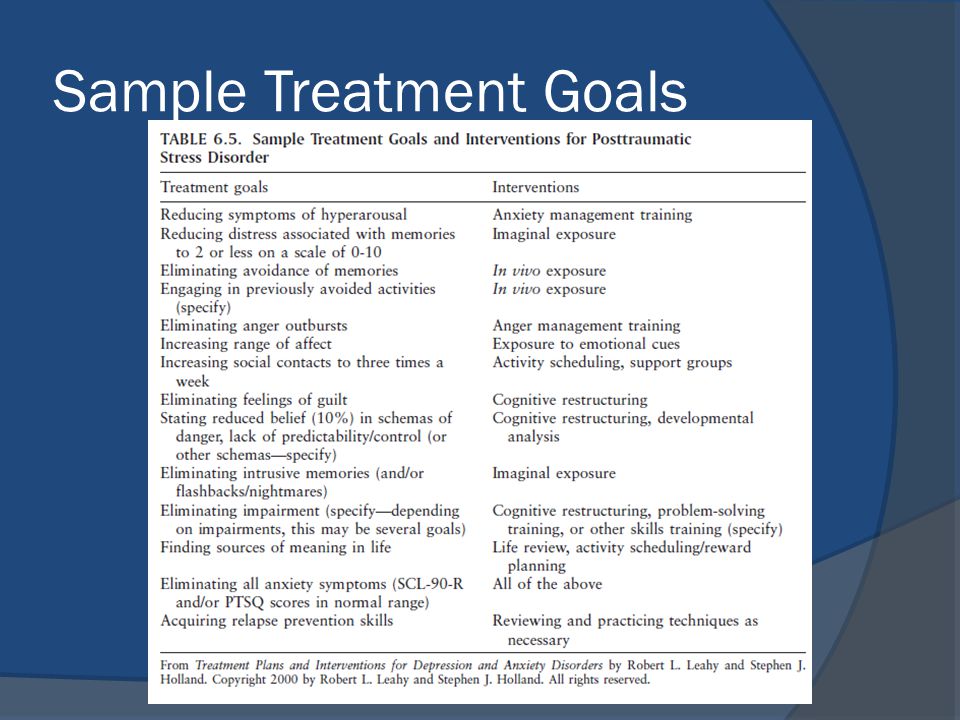
Lost interest in sports, culture, lost hobbies. Often the attitude towards people becomes arrogant, dismissive, as compensation for feelings of inferiority in the depths of the soul.
An addicted person surrounds himself with the same sick people so tightly that he does not see others and begins to think that the whole world is like this.
Uncontrollability in family life.
People often remember about uncontrollability in the family sphere and speak much less willingly than about others. This is understandable, since during the illness, an alcoholic and a drug addict cause a lot of pain to their loved ones. In the family sphere, unruly behavior includes unfulfilled promises to a wife or husband, children, parents. Perhaps, having drunk, the alcoholic forgot to pick up the child from the kindergarten, or did not nail the shelf, or forgot to congratulate the mother on her birthday, or insulted the mother-in-law, respected on her sober head. As a single event, the family is often able to survive such uncontrollability, but when such events accumulate, family relationships begin to collapse.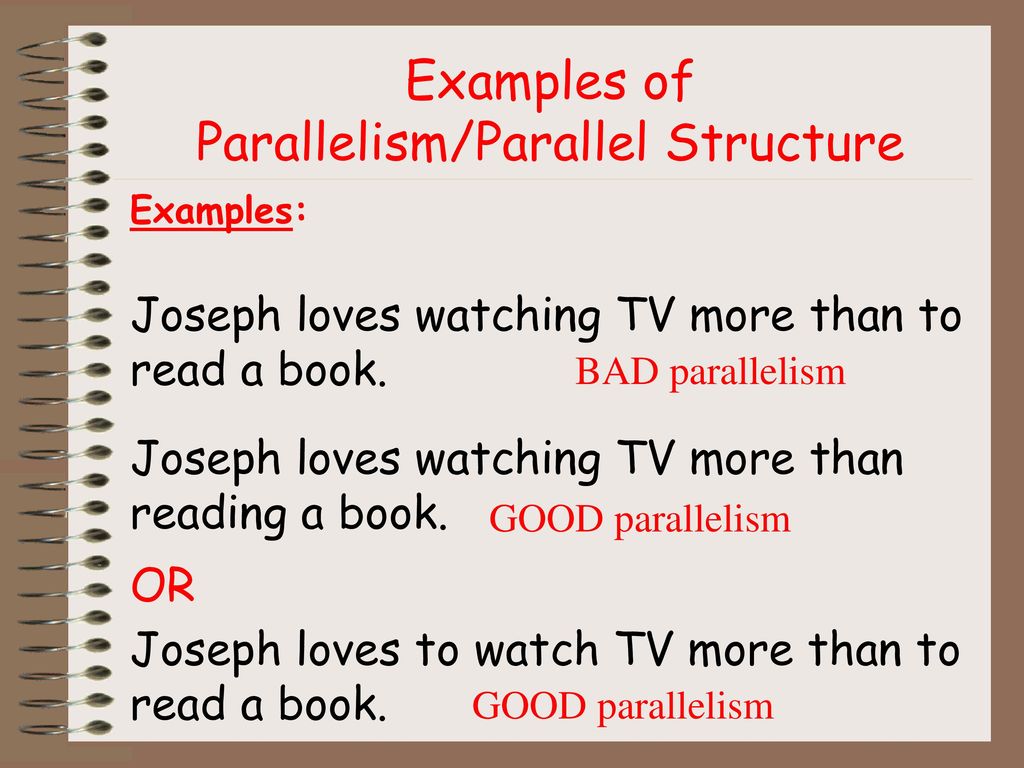 Intimacy, trust, a sense of reliability and security go away, resentment, anger, fear accumulate, people become strangers and hostile to each other.
Intimacy, trust, a sense of reliability and security go away, resentment, anger, fear accumulate, people become strangers and hostile to each other.
The wall of alienation is getting thicker and there comes a time when family members feel hopeless to restore anything. The family is falling apart.
It is rather rare to find alcoholics who still have a family.
Often dependents are married (married) or live in a civil marriage for the second, third, etc. once, and life does not add up, and they do not realize what role their drinking plays here.
Emotional uncontrollability.
With the development of a disease in a person, emotions seem to “loose up” and become too strong compared to the impact in response to which they arise. There is even such a formula:
"Alcoholism is a disease of emotions."
An example is Shurik from The Prisoner of the Caucasus, who wept over a bird made of toast. Under the influence of alcohol, anger, resentment, self-pity and other feelings are released and intensified.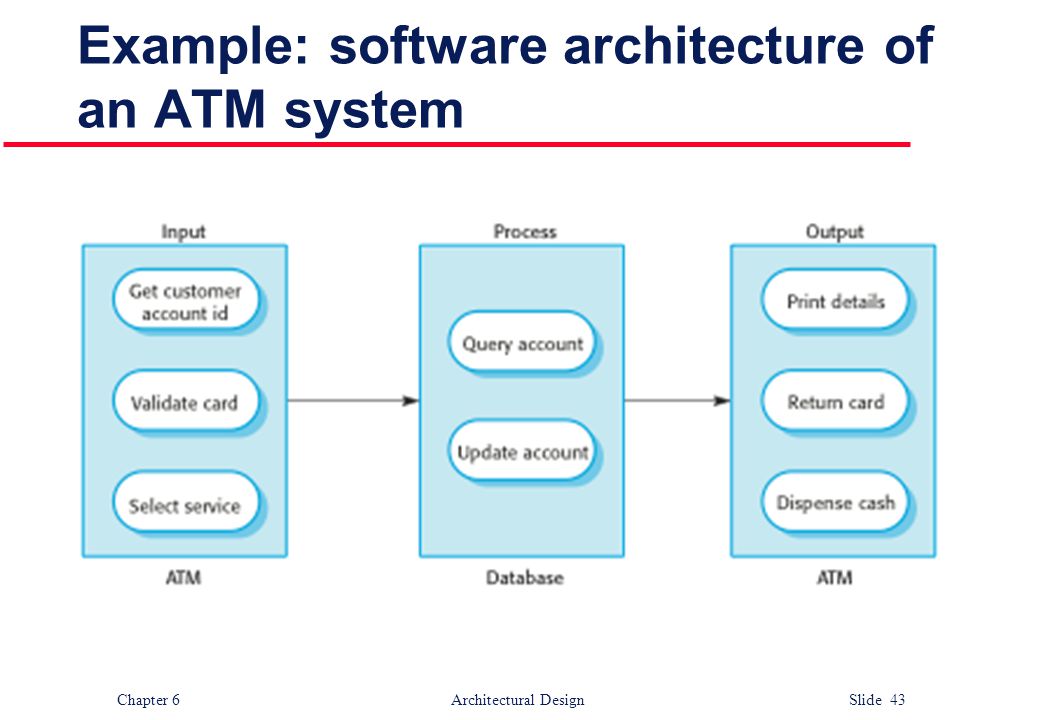 One person begins to look for a fist to “run into”, another sheds tears over his broken life, and the third obsessively demands recognition of his merits (“Do you respect me?”). But the lack of control over emotions extends beyond a lifelong period of intoxication, and the person becomes constantly irritable or vindictive, or a whiner, or a swaggering "turkey", and various combinations are possible. Emotions often outstrip the intellect, and the addict acts impulsively at first, and then uncontrollably regrets what he has done, driving himself into a hopeless feeling of guilt. As a result, unpleasant feelings are intensified, and life in the perception of the patient becomes even blacker.
One person begins to look for a fist to “run into”, another sheds tears over his broken life, and the third obsessively demands recognition of his merits (“Do you respect me?”). But the lack of control over emotions extends beyond a lifelong period of intoxication, and the person becomes constantly irritable or vindictive, or a whiner, or a swaggering "turkey", and various combinations are possible. Emotions often outstrip the intellect, and the addict acts impulsively at first, and then uncontrollably regrets what he has done, driving himself into a hopeless feeling of guilt. As a result, unpleasant feelings are intensified, and life in the perception of the patient becomes even blacker.
Spiritual uncontrollability.
In my opinion, the main suffering of the patient is that in a state of intoxication he betrays himself, committing acts that do not correspond to his own morality.
For example, when sober, he loves and respects his mother, while a drunk man breaks her hands, demanding money for a bottle.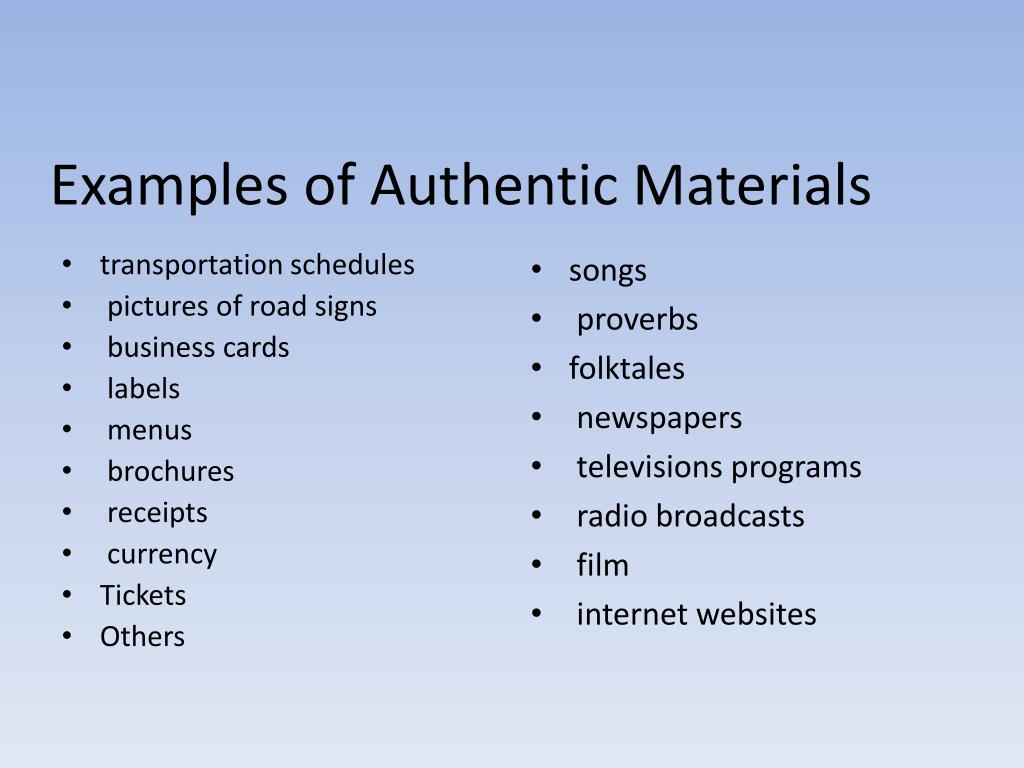
Learn more

